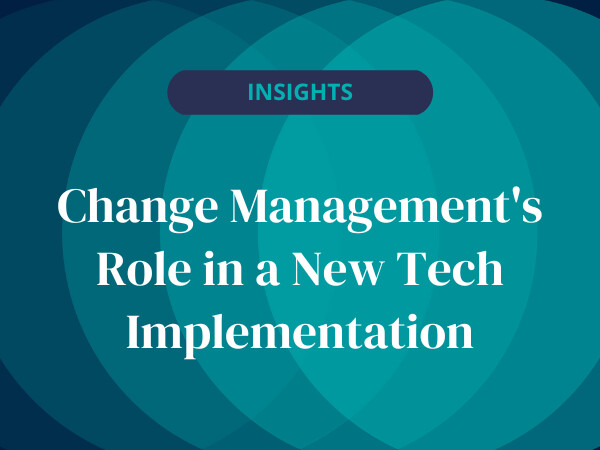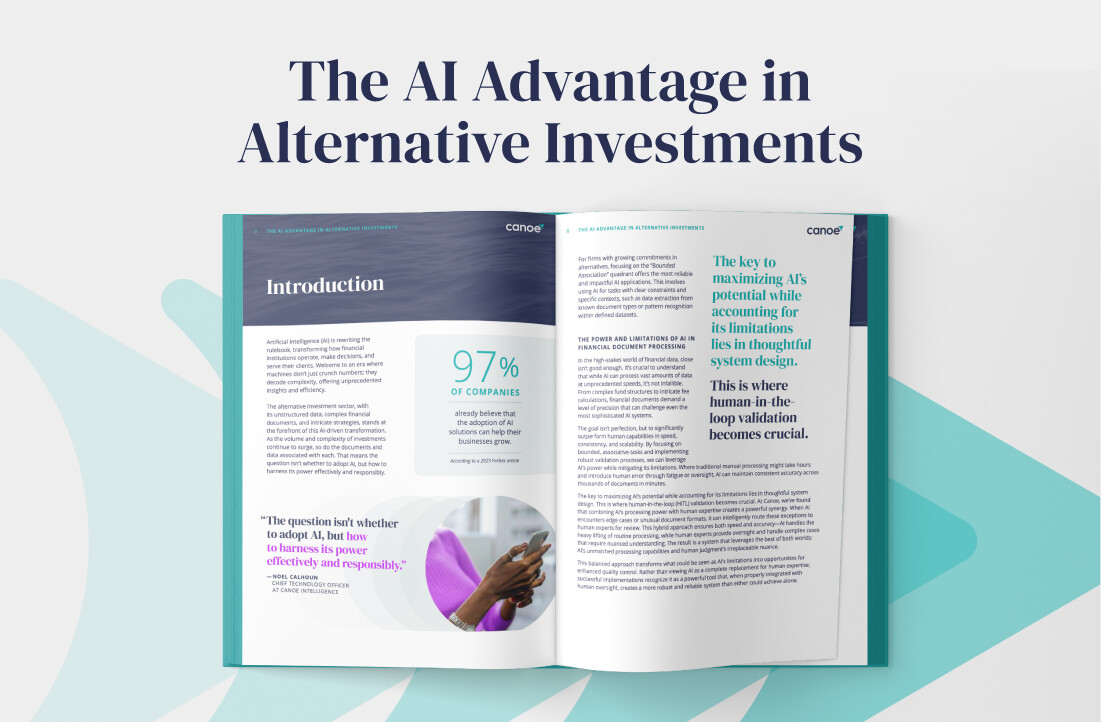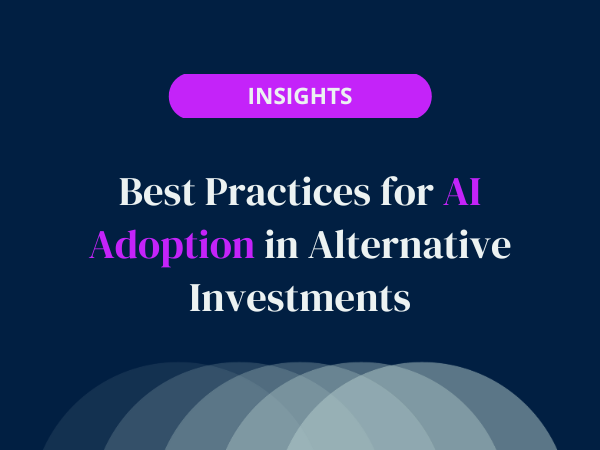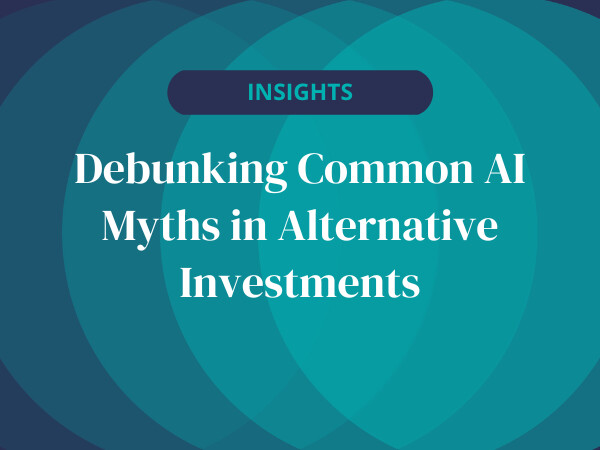Best Practices for AI Adoption in Alternative Investments
As alternative investment firms increasingly embrace AI to streamline operations and enhance decision-making, establishing the right implementation approach becomes crucial. Here’s a comprehensive guide to best practices for successful AI adoption in your investment operations.
For firms looking to gain operational efficiency by leveraging AI, begin with a focus on manual-intensive, human-error-prone tasks, such as document collection, document categorization, and data extraction. With the newfound time-savings and data accuracy, you and your team can shift your own focus to higher-value tasks and net-new data analysis to help you make more informed investment decisions.
In order to identify your business’ use case for adopting AI into your workflows, consider the following best practices whether you’re building your own AI solution or evaluating third-party providers:
Focus on bounded, associative tasks where AI excels: Clearly define the scope of what you want the AI to accomplish. Start with structured, repetitive tasks with clear inputs and outputs. Ensure the task has consistent patterns from which the model can learn. Verify there’s sufficient quality data available to train the model. Evaluate whether the task truly benefits from AI versus traditional automation. To learn more about ‘bounded’ versus ‘unbounded’ associations, read our comprehensive ebook.

Implement robust governance and exception management processes: Establish clear thresholds for AI confidence scores. Define explicit criteria for when human review is required. Create documented escalation paths for different types of exceptions. Set up monitoring systems to track exception patterns. Maintain detailed audit trails of all AI decisions and human interventions.
Balance automation with human oversight: Design processes that leverage both AI efficiency and human expertise. Create clear handoff points between automated and manual processes. Implement feedback loops where human corrections improve the AI system. Establish quality control checkpoints at critical stages. Perform regular reviews of automation vs. manual intervention ratios.
Establish clear policies for AI use and data governance: Define data security and privacy requirements. Document data handling procedures and access controls. Create guidelines for data retention and disposal. Establish protocols for model updates and versioning. Develop clear policies for handling sensitive information.
Download the ebook to see how alts investors are leveraging AI in 2025 and beyond.
Regularly audit AI systems for bias, accuracy, and compliance: Schedule periodic accuracy assessments against known benchmarks. Monitor for potential biases in training data and outputs. Track regulatory requirements and ensure ongoing compliance. Conduct regular performance reviews of the AI system. Document all audit findings and remediation efforts.
Foster a culture of AI literacy across the organization: Provide training on AI capabilities and limitations. Ensure teams understand their role in the AI-enabled workflow. Encourage feedback and suggestions for improvement. Create channels for sharing AI-related insights and best practices. Develop metrics to measure AI adoption and impact.
When evaluating third-party AI providers, additional considerations include:
- Reviewing their data security certifications and compliance standards
- Understanding their model training methodology and data sources
- Assessing their track record in your specific use case
- Evaluating their exception handling and support processes
- Checking their system’s compatibility with your existing infrastructure
- Understanding their approach to model updates and maintenance
- Verifying their business continuity and recovery plans in the case of a data breach
These best practices help ensure that whether you’re building or buying an AI solution, you’re setting up your organization for successful AI adoption while maintaining appropriate controls and oversight.
Download our ebook or watch our AI in alts webinar hosted by Noel Calhoun, Canoe’s CTO, to learn more.
This information was published in February 2025. All data points and insights referenced within the document are as of that date.



